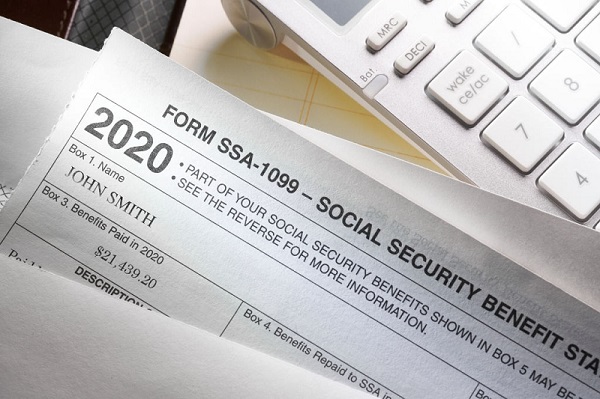Losing a spouse is a very stressful event that anyone has to go through. While you go through emotional pain and grief, you also have to figure out your financial problems. Social security pays several different types of benefits to retired persons.
As the name implies, Old age, survivors, and disability insurance (OASDI) is well known for its monthly payout to retirees or survivors.
If a spouse was eligible for social security benefits after retirement, the surviving spouse might also qualify for survivor benefits in case of his death.
Social security benefits are pretty complicated to understand, but we can say that the surviving spouse will get full or some benefits depending on several factors.
Let’s understand the rules and exceptions for receiving surviving benefits.
How do You Become Eligible For Survivor Benefits?
A worker is capable of earning four credits every year. He can make one credit for each $1,470 of wages. So, when the worker earns $5,880, he earns four credits for a year.
Provision of the surviving benefits depends on the worker’s credit hours and age when he dies. A worker needs no more than 40 credits to get the social security benefit. However, the younger the person is, the fewer credits he will have for getting survivor benefits for his family members.
Although, the benefits can be paid to the worker’s surviving spouse or children even if he doesn’t have the required credits. His dependents will be eligible for benefits if he has credits of one and half years of work, i-e six credits in three years before his death.
Survivor Benefits for Widow or Widower
Widow or widower of the worker who worked for a long time under social security can receive survivor benefits if he has been married to him for at least nine months at the time of death and fall under any of the given conditions:
- If the worker’s death was accidental or occurred during US military duty, no length of marriage time applies
- You will receive 100% benefits at full retirement age for survivors (66 years) or reduced benefits starting from the age of 60
- You can receive benefits at age 50 if you are disabled and the disability occurred prior to or within seven years of your spouse’s death
Suppose a widow or widower is caring for a worker’s children and receives social security benefits. In that case, he/she will still be eligible for survivor benefits if their disability started before the payments ended or within seven years after the benefits ended.
- You could receive survivor benefits at any age if you did not marry again and take care of the deceased child who is under age 16 or is disabled and receive child’s benefits
- If you got remarried after age 60 or age 50 if disabled, it would not affect your eligibility for survivor benefits
- You will not receive survivor benefits if you take your own retirement benefits. Social security will pay you the highest of the two amounts.
- For survivors who fall under retirement age and still work, their survivor benefits can be affected by Social Security’s earnings limit
How Are Survivor Benefits Calculated?
- If you receive at full retirement age i-e 66 years, you will get 100% benefits
- If you get benefits between age 60 to full retirement age, you will receive between 71.5% – 99% of the deceased’s benefits
- When you claim benefits in your 50s or as disabled, you will get 71.5% of your spouse’s benefits
- If you claim benefits based on caring for a child under 16 years of age or a disabled child, you will get 75% of benefits regardless of your age

